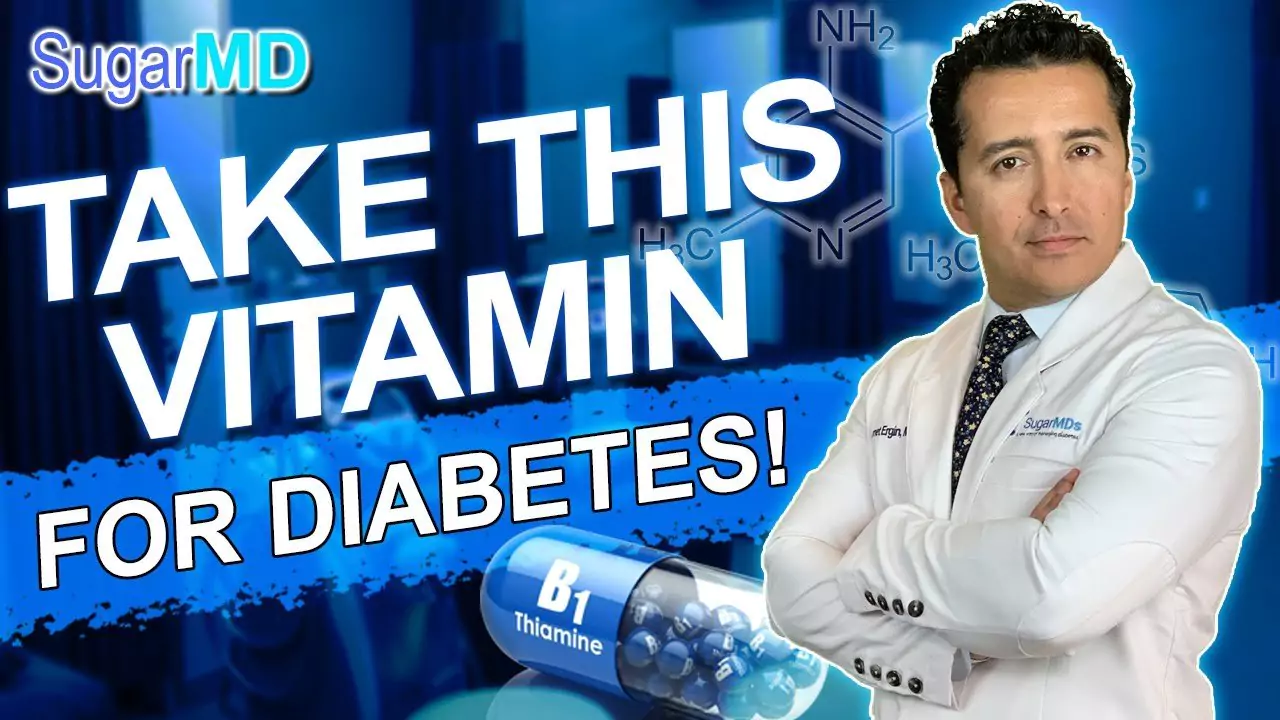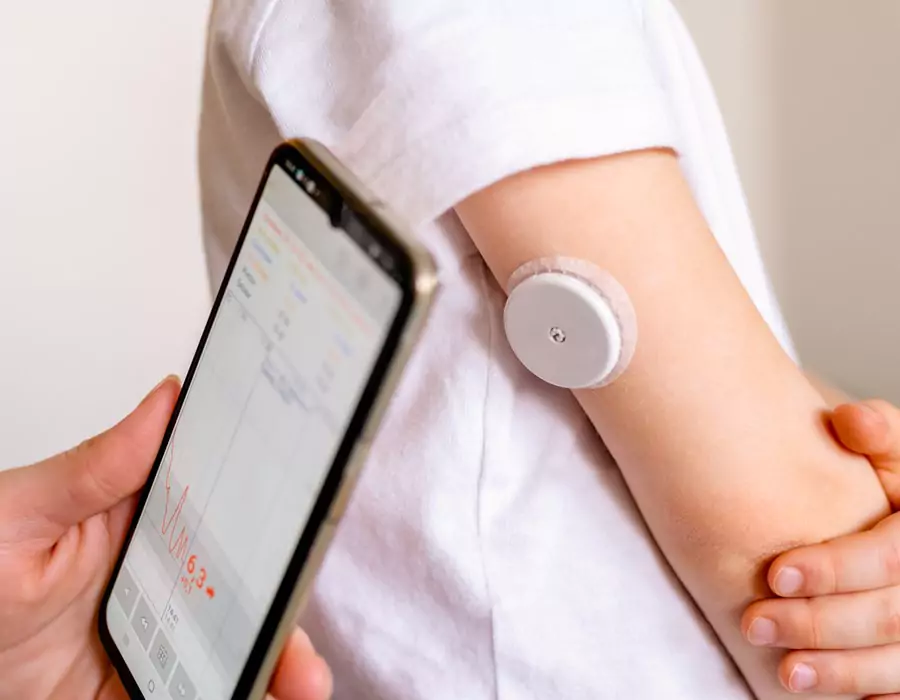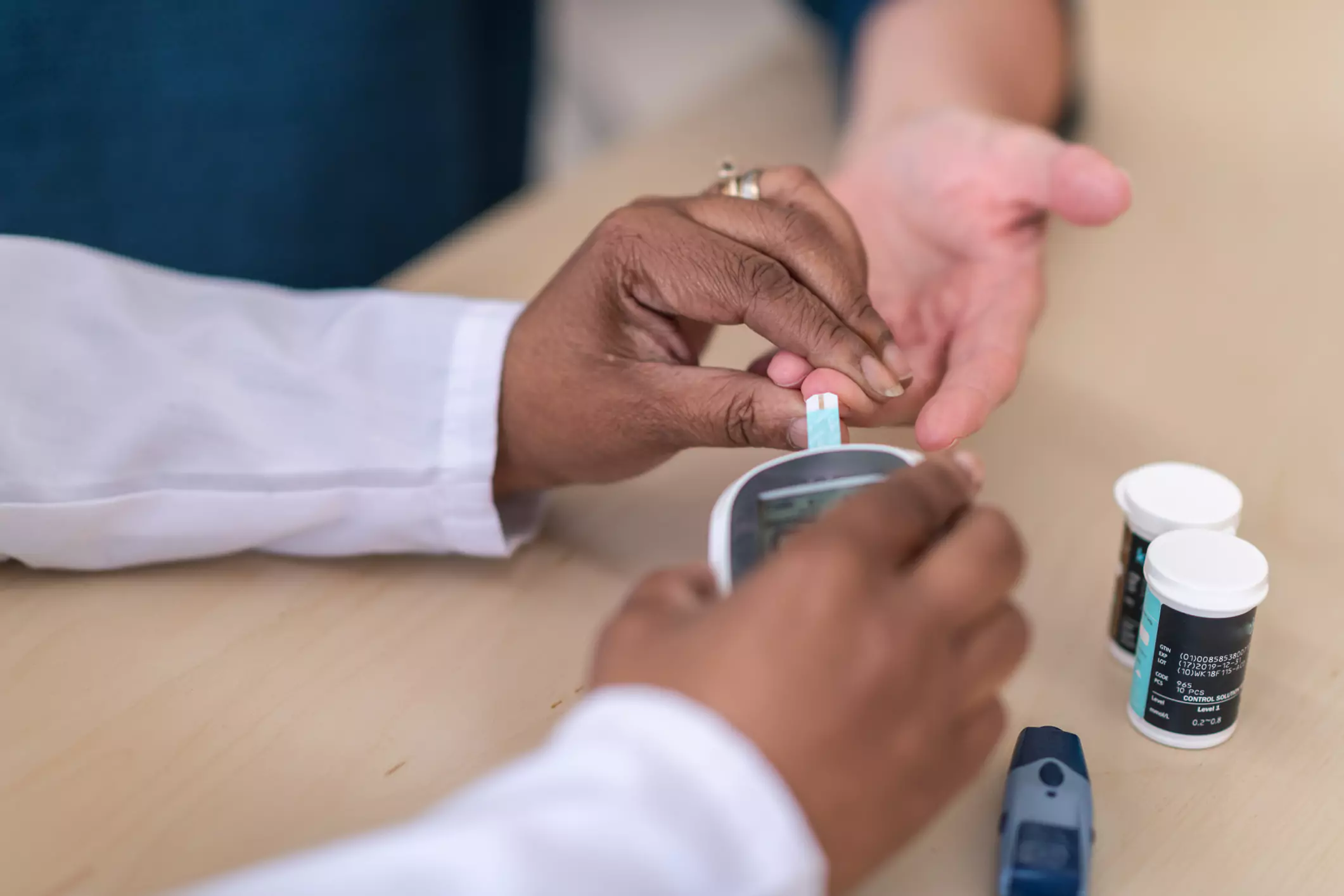






Benfotiamine/Thiamine! Why is it so Important For Diabetics to Take?


Table of Contents
- Thiamine/Benfotiamine- A Vitamin Every Diabetic Should Take
- What is Thiamine?
- Why do Diabetics need Thiamine?
- Why is Thiamine extremely important for diabetics?
- ATP Synthesis
- Glucose overloading causes vascular and endothelial damage.
- Insulin Resistance and Role of Thiamine/Benfotiamine in Diabetes
- Why are some cells affected by high glucose but not others?
- How does Thiamine prevent diabetes complications?
- Erythrocyte Transketolase and Thiamine deficiency
- Thiamine/Benfotiamine is beneficial to prevent diabetes complications
- Are you getting enough Thiamine/Benfotiamine?
- Where to get Thiamine-Benfotiamine from?
- Conclusion
Thiamine/Benfotiamine- A Vitamin Every Diabetic Should Take
Vitamins are essential nutrients that perform a variety of roles in our body. They are organic and required in tiny amounts. Currently, there are 13 recognized vitamins. These include Vitamin B12, A, B1, B2, B3, B5, B6, B7, B9, C, D, E, and K. But in this blog post, we will only learn about Vitamin B1.
It is a vitamin that every diabetic should take. It's inexpensive, readily available, and vital for diabetics. You will be surprised to hear how thiamine deficiency can affect blood sugar metabolism. Let's dive into it in this blog post.
What is Thiamine?
Thiamine is vitamin B1. Its chemical name is Thiamine. It is a water-soluble vitamin. It plays an essential role in energy metabolism. Thiamine is found in yeast, cereal grains, seeds, brown rice, whole-grain cauliflower, potatoes, oranges, liver, and eggs.
Why do Diabetics need Thiamine?
Thiamine is responsible for the utilization of glucose and energy metabolism. It is essential for producing various enzymes that help in the breakdown of blood sugar. Thiamine is beneficial for complications of diabetes. But the main problem with diabetics is that they excrete a lot of Thiamine in the urine. That's why they become Thiamine deficient.
Why is Thiamine extremely important for diabetics?
The human body is a complex biological machinery, and it uses food as fuel. The food contains a lot of stored chemical energy. When we eat food, our body breaks it into smaller components and makes glucose. Mitochondria turn glucose into ATP.
Mitochondria are also the main sites for ATP synthesis. They are also known as the powerhouse of the cells. ATP is an energy molecule and is also called energy currency. This supplies energy for hundreds of biochemical reactions and cellular processes.
ATP Synthesis
Diabetes is a disease that affects the processing of blood glucose. Diabetic patients are unable to use this excess blood glucose. So, when there is a lot of glucose. Unfortunately, mitochondria become overloaded. Then, glucose rushes into the cells. Glucose needs to be converted into energy.
However, mitochondria can't convert this much glucose into energy and become overloaded. In response to glucose overloading, the backup happens and leads to other pathways in the body. It further causes vascular and endothelial damage.
Glucose overloading causes vascular and endothelial damage.
In simple words, excess blood glucose causes severe damage in diabetics. It is also the main reason for complications of diabetes, including blindness, kidney diseases, neuropathy, and so forth.
Insulin Resistance and Role of Thiamine/Benfotiamine in Diabetes
Insulin resistance is one of the biggest reasons for thiamine deficiency as well. So, when you are insulin resistant, even if you eat Thiamine in your food, you may still end up being Thiamine deficient. This condition further ends up damaging your cells.
Why are some cells affected by high glucose but not others?
An important and interesting question that may arise in your mind is why only some specific cells are affected by diabetes. The reason behind this phenomenon is that some cells unfortunately are not able to stop glucose entry into the cells. Typically when glucose rushes in, the cells decide whether to take the glucose in or not.
But some cells do not have that liberty and they just let sugar come in. As a result, the kidney cells, eye cells, and nerve cells are more susceptible to damage That's why diabetics are more vulnerable to suffer from neuropathy blindness, and kidney failure.
How does Thiamine prevent diabetes complications?
Thiamine is essential in the prevention of complications of diabetes. When you have enough Thiamine, it will help your body to process that sugar and prevent damage to your cells. Transketolase enzyme needs thiamine as a cofactor.
Erythrocyte Transketolase and Thiamine deficiency
Erythrocyte Transketolase is an important enzyme in the process of energy production from glucose. It needs Thiamine as a cofactor. It means Thiamine is also essential for the proper functioning of Transketolase.
Similarly, when there is thiamine deficiency due to eating foods high in carbohydrates and alcohol consumption. These factors will reduce thiamine absorption from your intestine and also increase thiamine excretion.
How does thiamine prevent diabetes complications?
Thiamine/Benfotiamine is beneficial to prevent diabetes complications
Thiamine is also extremely beneficial for neuropathy. Even if you have nerve complications, taking 600 milligrams of Benfotiamine will help your nerve pain dramatically. Similarly, it will also help you with eye disease and kidney disease.
Why people with diabetes should take Benfotiamine Thiamine is a water-soluble vitamin. So, it is not suitable for easy absorption. Another problem is that people with diabetes excrete a lot of Thiamine in the urine. That's why I recommend you take Benfotiamine. It is better because it's a fat-soluble version of Thiamine.

Your body will also absorb it better. The reason behind the high absorption of Benfotiamine is that our body cells are composed of cholesterol core, and fat-soluble vitamins can be stored in our fat cells for a long time as compared to water-soluble vitamins.
Are you getting enough Thiamine/Benfotiamine?
An average person will need anywhere from 1- 4 milligrams of Thiamine. You can also look on the internet, and they will recommend eating salmon, meat, dairy, etc. They have a bunch of Thiamine. Well, that's true, but not enough. You may have anywhere from 1-2 milligrams of most of the Thiamine in your diet.
But if you are continuously deficient, like in the case of diabetes. Then it would help if you supplemented Thiamine. Some rat studies have revealed that diabetes complications risk from high glucose has reduced from 30% - 50%.
Where to get Thiamine-Benfotiamine from?
You can buy Benfotiamine from Amazon. But I recommend you go to the link below and get the best high-quality vegetarian Thiamine/ Benfotiamine Supplement. It promotes a healthy blood sugar level and supports circulation and the nervous system. It is highly beneficial for people with diabetes.
Conclusion
Benfotiamine and its derivatives have shown excellent results for endothelial function, neuropathy, kidney diseases, and diabetic complications. Thiamine likely prevents the progression of complications—that is why it is crucial for diabetics.
Always take your physician's consent before using any supplement. Only use FDA-registered products. Always consume a balanced diet and regularly monitor your blood sugar. Strongly consider adding exercise to your lifestyle.
Written By Dr. Ahmet Ergin
465 total articles
Meet Dr. Ahmet Ergin, a highly skilled and dedicated endocrinologist with a passion for diabetes care. Dr. Ergin earned his medical degree with honors from Marmara University in Istanbul. He completed internal medicine residency and endocrinology fellowship at Cleveland Clinic. Dr. Ergin is board-certified in Internal Medicine, Endocrinology, Diabetes, and Metabolism due to his vast medical expertise. He's a certified diabetes educator, author of “The Ultimate Diabetes Book,” and founder of “the SugarMD YouTube channel.” Dr. Ergin offers exceptional diabetes care to his patients in Port Saint Lucie, FL, helping them manage effectively. For a closer look into his insights and experiences, connect with Dr. Ahmet Ergin on LinkedIn, Instagram, and YouTube.”
Disclaimer: These statements have not been evaluated by the Food and Drug Administration. Information on this website isn't intended to treat, cure or prevent any disease. Discuss with your doctor and do not self-treat.
Products













